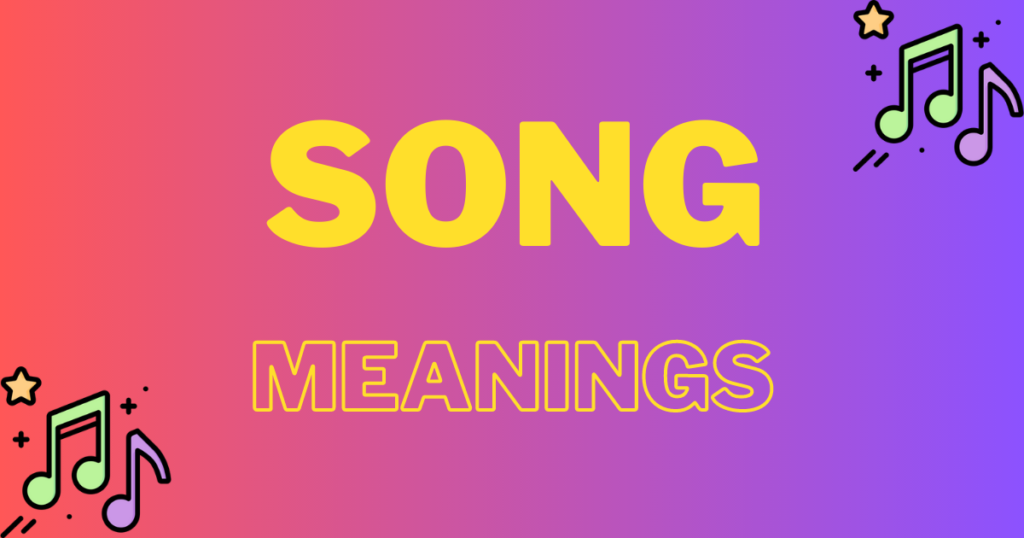The Meaning Behind The Song: Bumba by Soulfly
The song “Bumba” by Soulfly holds a significant meaning that resonates with both the band and its listeners. Soulfly, a metal band fronted by the esteemed musician Max Cavalera, has been known for infusing their music with political and social commentary. “Bumba” is no exception. Through aggressive vocals and intense instrumentation, the song delves into the theme of resistance and defiance against oppression.
Table of Contents
Soulfly uses “Bumba” as a platform to shed light on the struggles faced by indigenous people. The lyrics paint a vivid picture of the ongoing colonization and marginalization they endure. The title itself, “Bumba,” refers to a sacred masked dancer from the indigenous culture of the Bantu people in Africa. This choice showcases Max Cavalera’s connection to his roots and the importance of cultural identity. By drawing inspiration from the Bantu culture, Soulfly aims to raise awareness about the plight of indigenous communities worldwide.
Frequently Asked Questions About “Bumba” by Soulfly
1. What inspired Soulfly to write the song “Bumba”?
For Soulfly, the inspiration behind “Bumba” stemmed from a desire to shed light on the struggles faced by indigenous communities. Max Cavalera, the founder and frontman of Soulfly, has always been deeply connected to his roots and stands in solidarity with marginalized cultures.
2. What does the title “Bumba” signify?
The title “Bumba” refers to a sacred masked dancer from the indigenous Bantu culture in Africa. By incorporating this reference, Soulfly honors the rich cultural heritage of these communities and raises awareness about their challenges.
3. Does the song tackle any specific issues faced by indigenous people?
Yes, “Bumba” predominantly focuses on the ongoing colonization and marginalization experienced by indigenous communities across the globe. The lyrics highlight the struggles surrounding land rights, cultural erasure, and the fight for autonomy.
4. How does Soulfly’s musical style contribute to delivering the song’s message?
Soulfly’s aggressive and powerful musical style complements the intensity of the song’s lyrical content. The heavy instrumentation and raw vocals effectively convey the frustration, anger, and defiance felt by marginalized communities.
5. Does “Bumba” have any political undertones?
Yes, “Bumba” carries a strong political message. Soulfly uses their music as a medium to address social and political issues. Through this song, they encourage listeners to recognize and support the rights of indigenous people, urging them to resist and stand against oppression.
6. Are there any notable quotes from the band members about the song “Bumba”?
Max Cavalera has expressed, “With ‘Bumba,’ we wanted to give a voice to the voiceless, shedding light on the ongoing struggles faced by indigenous communities. It’s important to bring attention to these issues and work towards justice and equality.”
7. How has the song been received by the audience?
“Bumba” has garnered a positive response from Soulfly’s fanbase and music enthusiasts alike. Its powerful message, coupled with the band’s signature musical style, has resonated with listeners who appreciate music that addresses relevant and thought-provoking topics.
8. Is the song part of any larger narrative or concept album?
“Bumba” is not specifically linked to a larger narrative or concept album. However, it aligns with Soulfly’s overarching theme of addressing social, political, and cultural issues through their music.
9. Are there any live performances of “Bumba” available?
Yes, Soulfly has performed “Bumba” live on several occasions. A quick search on popular video-sharing platforms will lead you to these electrifying live renditions, showcasing the band’s dynamic stage presence.
10. How has the song impacted the listener’s perspective on indigenous issues?
“Bumba” has proven to be impactful in raising awareness about indigenous issues. By incorporating the struggles of these communities into their music, Soulfly has encouraged listeners to educate themselves and take action to support indigenous rights and cultural preservation.
11. Are there any similar songs by Soulfly that address social or political issues?
Yes, Soulfly’s discography is filled with songs that tackle various social and political issues. Songs like “Prophecy,” “Back to the Primitive,” and “Rise of the Fallen” are great examples of the band’s commitment to addressing these topics.
12. How can listeners support indigenous communities?
Listeners can support indigenous communities by educating themselves about their struggles, amplifying their voices, and advocating for their rights. Supporting indigenous artists, engaging in activism, and donating to organizations that work towards indigenous rights are also impactful ways to contribute.


